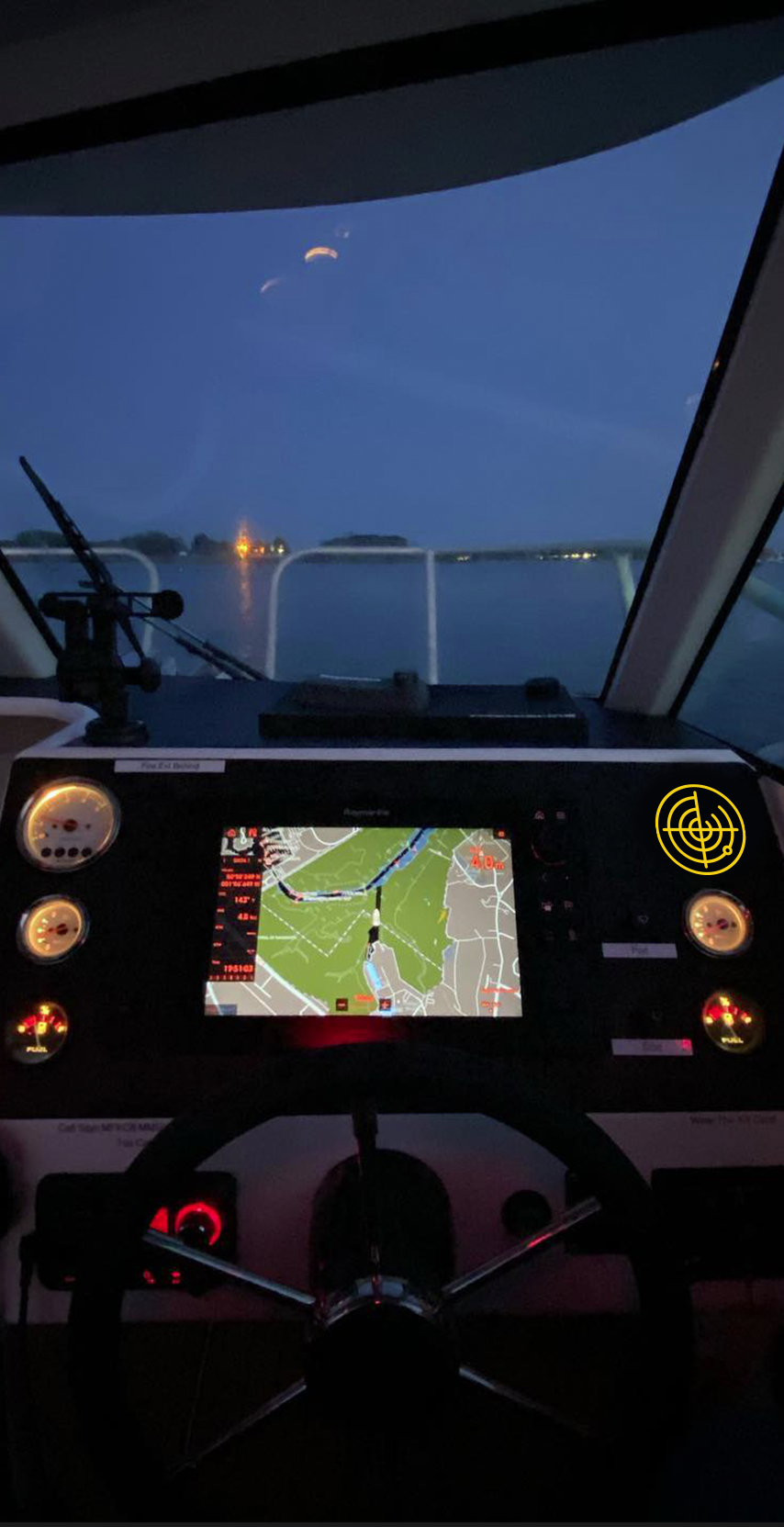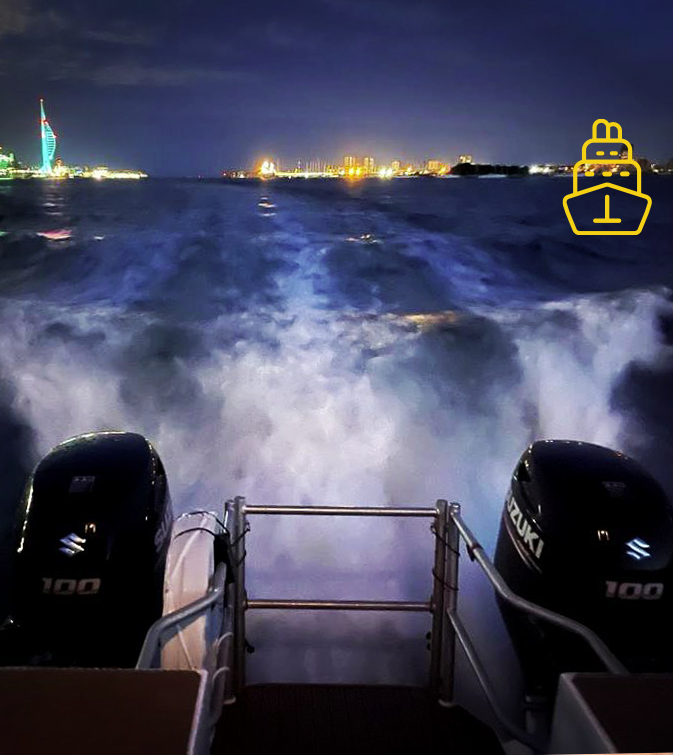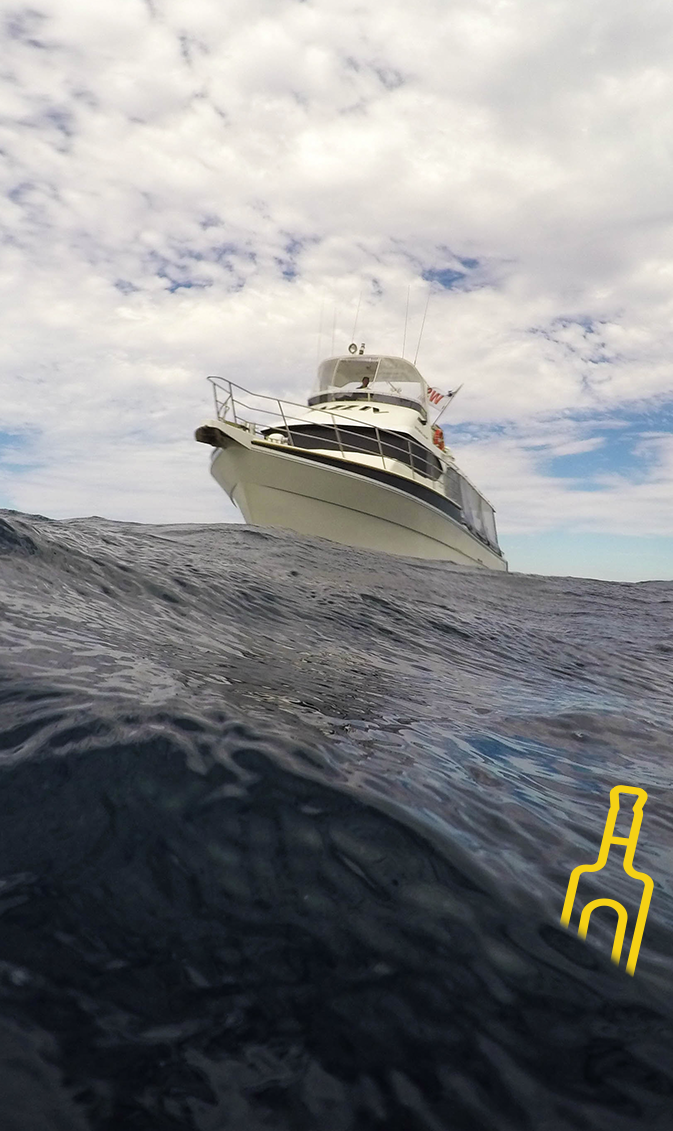A maximum of 2 days with a 1 Night Navigation Exercise carried out on day one of the course
The RYA Powerboat Advanced Training course is £375 per person - Unlike some we will still run the course with only one student, hence we do not offer silly prices.
Advanced Certificate
Advanced Commercial Endorsement (Can only be applied for separately on successful completion of the Advanced Course!)
ICC Power over 10m (Can be applied for separately if commercially endorsed)
The ratio of students to the instructor must not exceed 3:1 for the advanced Powerboat Training Course, and will include the use of a planning boat. Students are strongly recommended to hold an in date first aid certificate and VHF operators certificate prior to attending the course. The course consists of 2 days and one night passage.
The RYA do not permit 3 day courses for the advanced course, so anyone offering a days training prior to the course is not vaild.





 RYA Course
RYA Course